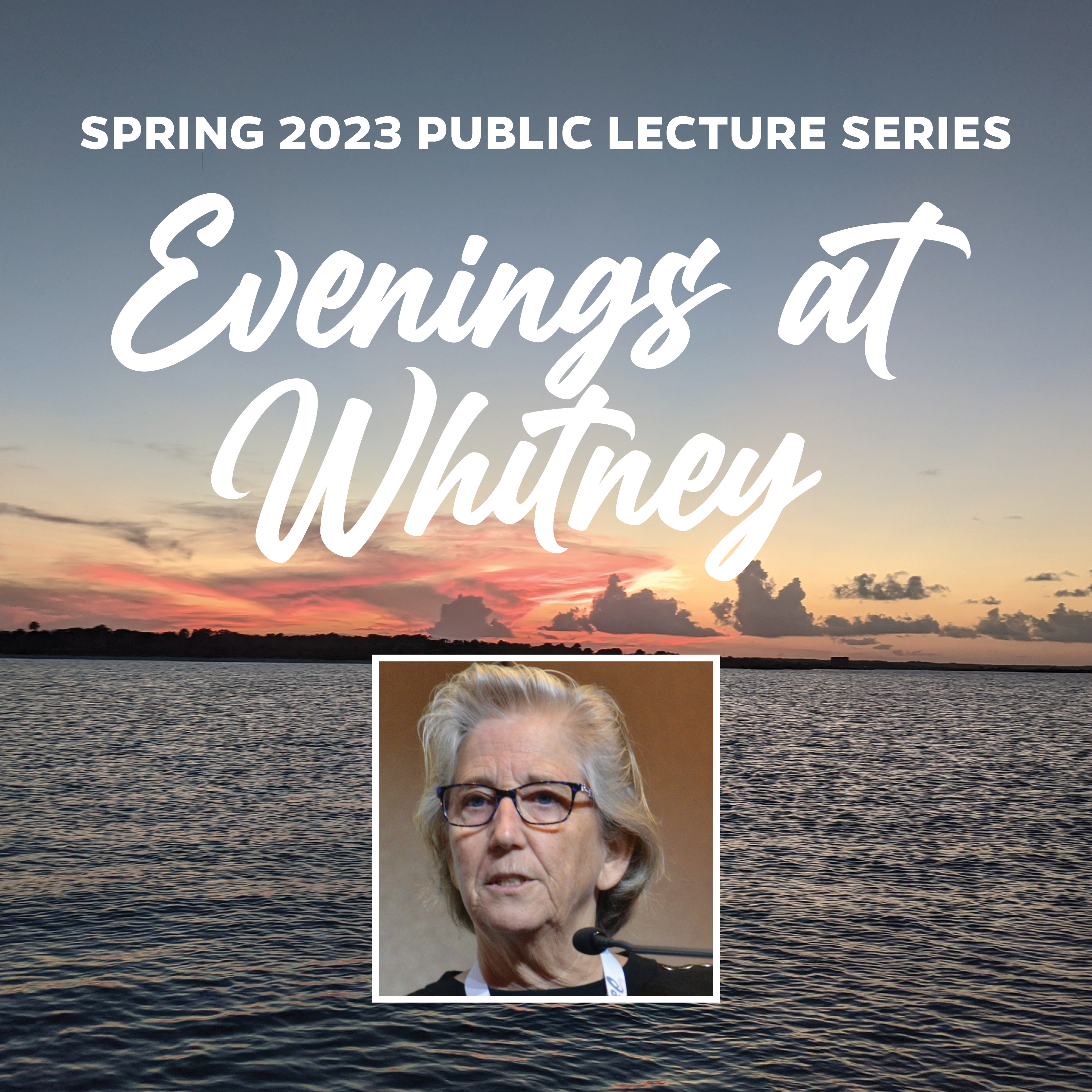 The Whitney Laboratory for Marine Bioscience
The Whitney Laboratory for Marine Bioscience

The Evenings at Whitney Lecture Series hosted by the University of Florida Whitney Laboratory for Marine Bioscience continues Thursday, February 9, 2023, at 7 p.m. with the program titled “Circadian clocks in muscle: time does matter”. Dr. Karyn Esser, Professor and Chair in the Department of Physiology and Aging at the University of Florida, will be the speaker.
This free lecture will be presented in person at the UF Whitney Laboratory Lohman Auditorium, 9505 Ocean Shore Boulevard, in St. Augustine. Those interested also have the option of registering to watch via Zoom live the night of the lecture.
https://ufl.zoom.us/webinar/register/WN_B8ZgaXAgTnysF85a5dl4mA
Yogi Berra is quoted as saying: “You don't have to swing hard to hit a home run. If you got the timing, it'll go.”
It is quickly become apparent that timing is not just important in sports and comedy but it is important for many aspects of biology that are important for plant, animal and human health.
Most people have heard of circadian rhythms and they think about light/dark, day/night and maybe patterns of sleep and wake. However, circadian biology impacts all our organ systems and is influenced by the timing of our eating and exercise as well as light.
Dr. Esser will discuss the current understanding of circadian rhythms and human health including how lifestyles might be influencing our health with a short discussion on links between changing circadian clocks and aging.
Dr. Esser is Professor and Chair of the Physiology and Aging department and co-Director of the UF Pepper Center. She has a BS degree in math and biology from Wake Forest, received her PhD degree in Kinesiology from the University of Michigan and completed postdoctoral training in the Muscle Genetics Unit of the Children’s Medical Research Institute in Sydney, Australia. Dr. Esser’s lab has been at the forefront in the study of circadian rhythms and skeletal muscle health. In 2002, her lab made a serendipitous discovery that genes controlling the body’s “biological clock” also played a role in muscle response to contraction. This discovery changed the trajectory of her research program to focus on understanding what the muscle circadian clocks are doing. Over the years, Dr Esser’s group has demonstrated that the muscle circadian clock is necessary for maintaining healthy metabolism and muscle strength.